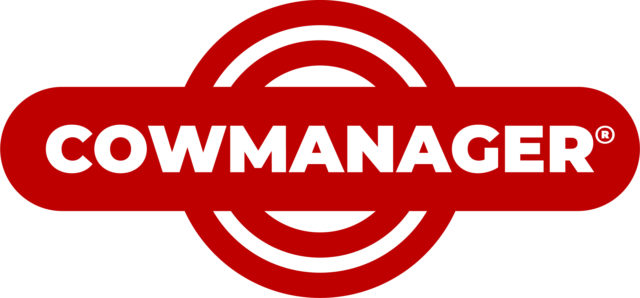I don’t operate a combine anymore, but I like the vision of trying to combine too much crop, too fast, resulting in a resounding thunk – the technical term for plugging it up.
Communication during peak times, like harvest, can have many volcanic events. As I write this, I reflect on the words of Allan Vyhnalek, a retired extension educator of the University of Nebraska – Lincoln, and a member of my conflict resolution training in 2021. I draw on his words because Vyhnalek has a list of emotions that block negotiation and therefore plug up communication. Here it is, along with some of my own insights:
- Appreciation. The lack of appreciation in many farm cultures tells people they are not important to the work getting done. They might not feel seen or heard, but this can be avoided by encouraging your team with sincere positive feedback, in a timely fashion. Give feedback when you see things done well and be grateful. Your mental health will also improve when you stop to write out five things you are grateful for before your exhausted head hits the pillow.
- Affiliation. Farm teams are composed of family members and non-family employees. Treat everyone well. If employees are seeing family members or workplace colleagues as the adversary, the enemy, they are not going to show up with great behaviour. Do you let family members get away with profanity, yelling or blow-ups? Drop what I call your “conflict filter” toward your sibling. Ask them what they need in the moment, stay cool, calm and collected, even if they choose to be hostile and abrasive. You always get to choose your response. Ask for help in increasing your awareness of your hot buttons.
- Autonomy. When you take time to train combine operators well, you don’t need to be making all their decisions for them. When your team has no autonomy to make decisions independently, they get frustrated by a sense of being micromanaged. Reflect on how many decisions you are overriding that can be made by the next generation and allow them the opportunity to make those decisions instead. If this feels hard and your excuse is “I am not a good teacher,” get help from someone on your farm who is.
- Status. Great farm leaders are willing to do any job their employees are expected to complete. When the combine plugs, there is no blame or shame for the incident; everyone pitches in to create solutions and get the harvest in full swing again. If you or members of your farm team are treated as inferior or not given full recognition for contributions made to the progress of the operation, remember your intentions and feelings are hidden unless you share them verbally and ask for what you need. If you are feeling taken for granted, burned out from overwork and pulling way more than your fair share of the farm workload, who else knows you are frustrated and what the cause is?
- Role. Negotiations and good communication are blocked when you are not feeling clear about your role or are feeling unfulfilled by what is asked of you. This often strikes aging farmers at harvest time when they are grappling with changes in their capacity to deal with broken feeder chains or reverse the headers properly. If questions loom over your continued role on the farm, consider Dick Wittman’s phrase, “Getting out of the way without going away.” Use your hours in the combine to figure out what next year on the farm is calling you to do. How clear are you with the rest of the farm team as to which roles you want to keep, and which roles you now need to let go of?
- Compensation. Here’s what my friend Lance Woodbury says, “There are several mistakes families make around compensation. One is a tendency to pay people what they need, rather than what they are worth. Another is to pay only what the business can afford. Another mistake is to pay all siblings equally regardless of their contribution to the business. Without a market-oriented compensation philosophy, the business will eventually suffer.” Are you making any of these “mistakes"?
- Feedback. Your combine monitors are constantly giving you feedback. Unfortunately, many farm families do not take the time to talk with family member employees to let them know if they are meeting the expectations of the management and ownership teams. When you don’t have regular performance appraisals, like business managers typically execute quarterly or annually, you remain in the “dark,” without understanding of your strengths, your weaknesses or the learning plan you need to follow to meet the expectations of your manager. Think about ways to block time for a conversation and evaluation about your performance, and those of your farm team members. If you want an example, reach out to me for Jim Soldan’s performance review.
- Track. Document your thoughts with voice texts to yourself so you can compile your learnings and make changes when you have downtime. We can change what we measure. Use that shirt pocket notebook with your old-school pen and do a brain dump before you get renewing rest.
The best time of year is when the entire farm family team and employees are pulling in the same direction to reap what we have sown. I hope these reflections will spur some positive conversations and insights to improve the culture of negotiation and communication in your farm business.
References omitted but are available upon request by sending an email to the editor.









